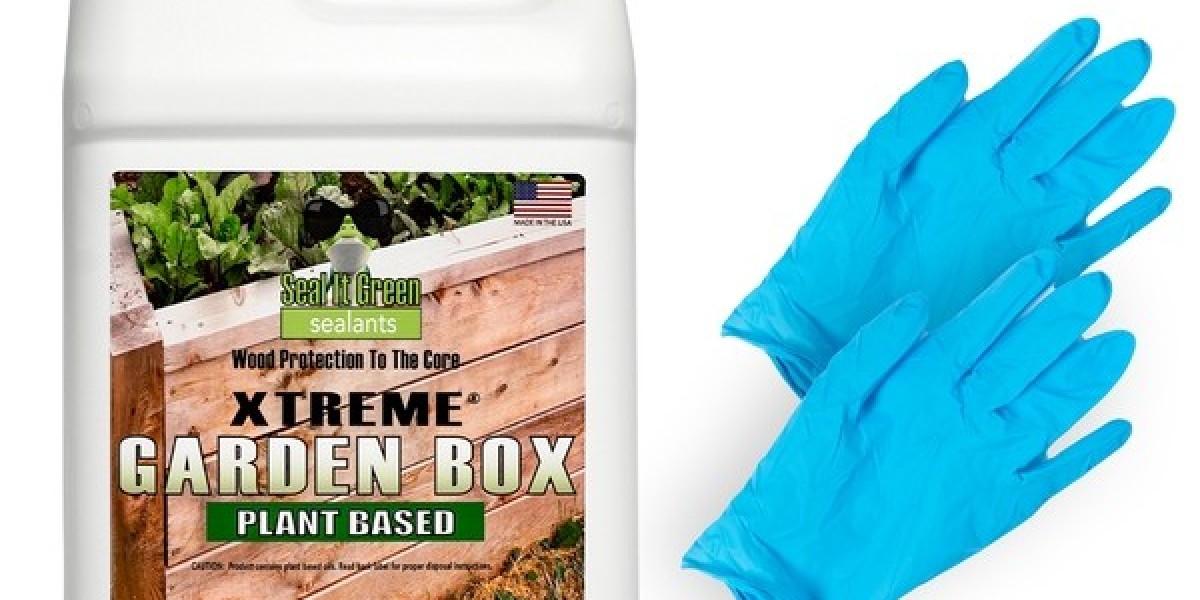If you’re building a garden box or revitalizing wooden planters, one thing is critical—choosing a food safe paint sealer that’s non-toxic and effective. Unlike regular sealers filled with chemicals, food-safe options are designed to protect both the wood and your edible plants. Whether you’re growing vegetables, herbs, or fruit, using a sealer that won’t leach into the soil is a smart and safe move. For a safe, proven choice, check out this highly rated food safe paint sealer perfect for garden use.
Why Avoid Standard Paint Sealers for Garden Beds?
Most common wood sealers contain harsh chemicals—like formaldehyde, phthalates, and VOCs—that are unsuitable for garden environments. These chemicals can leach into the soil when exposed to moisture, especially in raised beds or wooden planters that hold water over time. As a result, they may contaminate the plants you grow and eat.
This is particularly concerning for those practicing organic or sustainable gardening. If you’re working hard to grow clean food, it makes no sense to risk exposure by using toxic sealants.
What Defines a Food Safe Wood Sealer?
To qualify as food safe, a wood sealer must meet certain health and safety standards. Look for these characteristics when shopping:
Free from harmful chemicals
Low or zero VOCs
Non-toxic and biodegradable
Labeled as garden or food-contact safe
Made from plant-based or water-based formulas
These properties ensure the sealer won’t compromise your soil or harm your plants over time. Always read the label carefully, and choose trusted brands designed specifically for outdoor gardening use.
Advantages of a Garden Box Sealer
A garden box sealer is formulated to withstand outdoor elements while keeping your garden chemical-free. These sealers sink deep into the wood, providing a breathable, moisture-resistant barrier.
Here are the top benefits:
Protects against rot and mold
Prevents warping and splitting from moisture
Keeps wood from leaching sap or tannins into soil
Safe for soil, pets, kids, and edible plants
Extends the life of untreated or raw wood
Using a garden box sealer also improves the appearance of your wooden structures by enhancing natural grain and tone, without adding an artificial or glossy finish.
The Value of Choosing a Sustainable Wood Sealer
For eco-conscious gardeners, selecting a Sustainable wood sealer adds another layer of responsibility. These sealers use renewable resources and eco-friendly formulas that are safe for both humans and ecosystems.
Benefits of sustainable sealers include:
Made from renewable plant oils or water-based carriers
No toxic runoff or soil pollution
Safer for DIY users with no harsh fumes
Better long-term biodegradability
It’s an easy upgrade that aligns your gardening habits with sustainable living goals.
How to Use a Food Safe Paint Sealer Effectively
Applying the right sealer is only part of the process—how you apply it matters too. Here’s a quick guide to getting it right:
Clean and sand the wood: Remove any dirt, mold, or splinters
Apply with a brush or sprayer: Cover all sides, including joints and edges
Let it dry fully between coats: Most products need 24 hours
Apply 1–2 coats as needed: Especially on raw or untreated wood
Reapply every 1–2 seasons: Depending on climate exposure
Don’t skip internal surfaces, as they come into direct contact with soil and moisture.
Ideal Uses for Food Safe Sealers
Food-safe sealers aren’t just for raised beds. They’re perfect for a range of projects:
Outdoor garden boxes and planters
Wooden compost bins and worm farms
Chicken coops and animal enclosures
Cutting boards (with food-grade certification)
Picnic tables and benches used for food prep or dining
Any wood structure that holds soil, touches food, or comes in contact with water should be treated with a safe, non-toxic product.
Final Thoughts
Choosing a food safe paint sealer is one of the smartest steps you can take in your garden. It protects your wood from moisture, decay, and UV rays—while keeping your soil chemical-free. For home gardeners, organic growers, and anyone who values clean food and sustainability, it’s the only safe choice. Look for products that are biodegradable, plant-based, and certified for use with edible plants. With a little effort, you’ll get long-lasting wooden structures and a garden that’s safe, healthy, and thriving.






